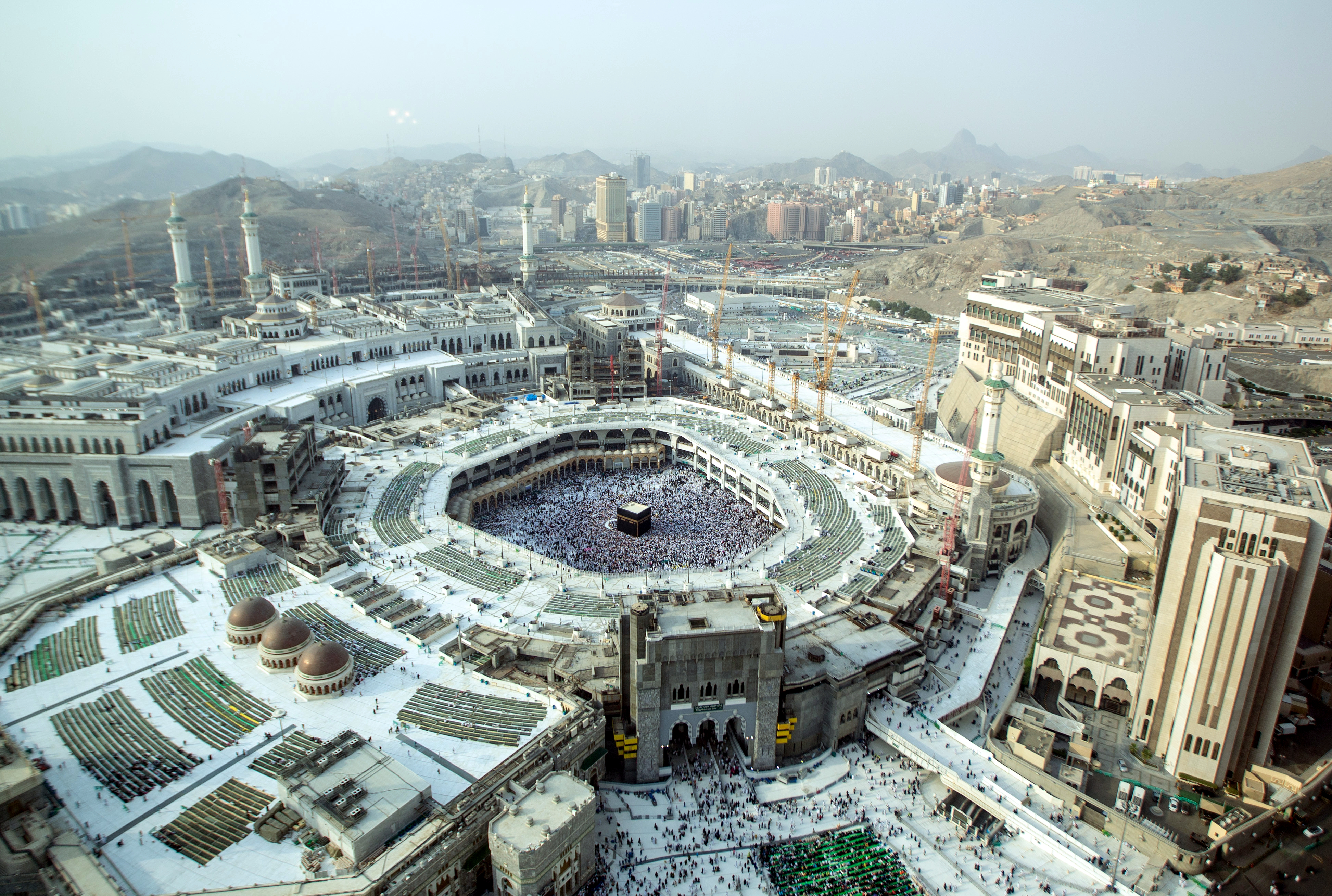Mecca: The Heart of Islam and Its Significance
 |
Mecca: The Heart of Islam and Its Significance
Mecca, located in the western region of Saudi Arabia, is considered the holiest city in Islam. It is the birthplace of the Prophet Muhammad and the site of the annual Hajj pilgrimage, which is one of the Five Pillars of Islam. Learn more about the significance of this sacred city and its importance to Muslims around the world.
The Birthplace of Islam and the Prophet Muhammad.
Mecca is the birthplace of the Prophet Muhammad, who is considered the last prophet in Islam. He was born in the city in 570 CE and received his first revelation from Allah at the age of 40 while meditating in a cave on the outskirts of Mecca. This event marked the beginning of his prophethood and the start of the Islamic faith. Today, Mecca is a place of great significance for Muslims around the world, who come to the city to perform the Hajj pilgrimage and to visit the holy sites associated with the Prophet Muhammad.
The Kaaba and Its Importance in Islamic Worship.
The Kaaba is a cube-shaped structure located in the center of the Masjid al-Haram mosque in Mecca. It is considered the most sacred site in Islam and is the direction towards which Muslims pray five times a day. According to Islamic tradition, the Kaaba was built by the Prophet Ibrahim and his son Ismail as a house of worship for Allah. It is believed to be the first house of worship ever built and is considered the holiest site in Islam. During the Hajj pilgrimage, Muslims circle the Kaaba seven times as part of the Tawaf ritual, which symbolizes the unity of the Muslim community and their devotion to Allah.
The Annual Hajj Pilgrimage and Its Rituals.
The Hajj pilgrimage is an annual Islamic pilgrimage to Mecca that is mandatory for all able-bodied Muslims who can afford it. It takes place during the Islamic month of Dhu al-Hijjah and is considered one of the Five Pillars of Islam. The rituals of the Hajj include wearing special clothing, performing a series of prayers and rituals, and visiting various holy sites in and around Mecca. The climax of the Hajj is the Day of Arafat, when pilgrims gather on the plain of Arafat to pray and ask for forgiveness. The Hajj is a powerful symbol of the unity of the Muslim community and their devotion to Allah.
The Significance of the Black Stone.
The Black Stone, or al-Hajar al-Aswad, is a sacred object located in the eastern corner of the Kaaba, the holiest site in Islam. According to Islamic tradition, the Black Stone was given to Prophet Ibrahim (Abraham) by the angel Gabriel as a symbol of God's covenant with him. Muslims believe that the stone was originally white but turned black due to the sins of humanity. Touching or kissing the Black Stone during the Hajj or Umrah pilgrimage is considered a significant act of devotion and is believed to bring blessings and forgiveness. However, due to the large number of pilgrims, it can be difficult to reach the Black Stone during the Hajj, and many pilgrims simply point towards it as a sign of respect.
The Importance of Mecca in Islamic History and Culture.
Mecca is considered the holiest city in Islam and is the birthplace of the Prophet Muhammad. It is also the site of the Kaaba, the most sacred site in Islam, towards which Muslims around the world face during their daily prayers. The annual Hajj pilgrimage to Mecca is one of the Five Pillars of Islam and is mandatory for all able-bodied Muslims who can afford it. The significance of Mecca in Islamic history and culture cannot be overstated, as it is the center of the Islamic world and the spiritual home of over a billion Muslims worldwide.
https://en.wikipedia.org/wiki/Mecca



Comments
Post a Comment